On the morning of November 29, the 2020 annual exchange and academic seminar of the major research plan of the National Natural Science Foundation of China "Spatio-temporal network regulation of glucose and lipid metabolism" project, sponsored by the National Natural Science Foundation of China, Nanjing University, Nanjing University Artificial Intelligence Biomedical Technology Research Institute, and Nanjing Carbon Silicon Artificial Intelligence Biomedical Technology Research Institute Co., Ltd., was held in Jiangbei New Area, Nanjing.
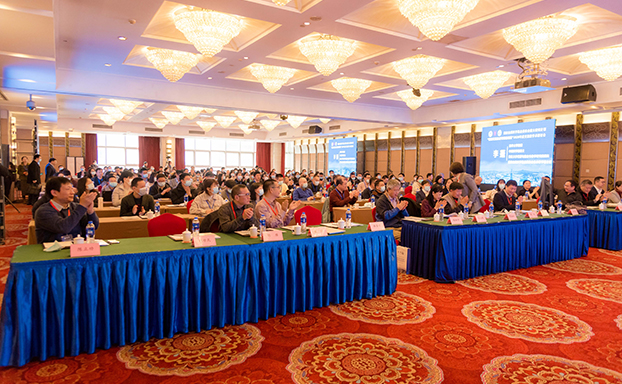
The opening ceremony of the conference was presided over by Feng Xuelian, executive deputy director of the Life Science Department of the National Natural Science Foundation of China, Li Peng, academician, dean of the Institute of Metabolism and Integrated Biology of Fudan University, director of the Life Science Department of the National Natural Science Foundation of China, Professor Song Baoliang, dean of the College of Life Sciences of Wuhan University, and leader of the expert group of the major research plan of "Spatio-temporal network regulation of glucose and lipid metabolism", He Fuchun, researcher of the Academy of Military Medical Sciences, academician of the Chinese Academy of Sciences, and Cheng Heping, academician of the Molecular Institute of Peking University, and other experts and scholars attended the conference.More than 200 experts and professors from more than 80 units, such as the National Natural Science Foundation of China, well-known institutions of higher education, research institutes, and large hospitals, gathered at the conference to discuss the progress of the major research plan of "Spatio-temporal network regulation of glucose and lipid metabolism".
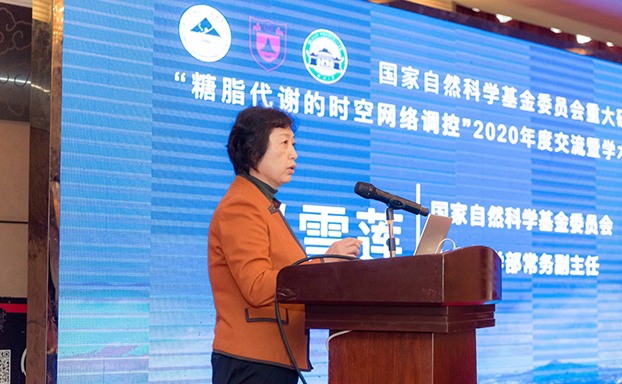
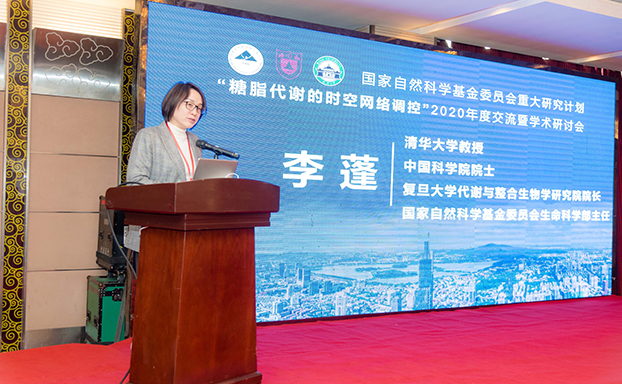
Chen Chanmei, member of the Party Working Committee and deputy director of the Management Committee of Jiangbei New Area, attended the opening ceremony and delivered a speech. She first welcomed the arrival of experts and scholars, and introduced the significance and role of this conference, as well as the vision of promoting the development of biomedical industry in Jiangbei New Area in the future.
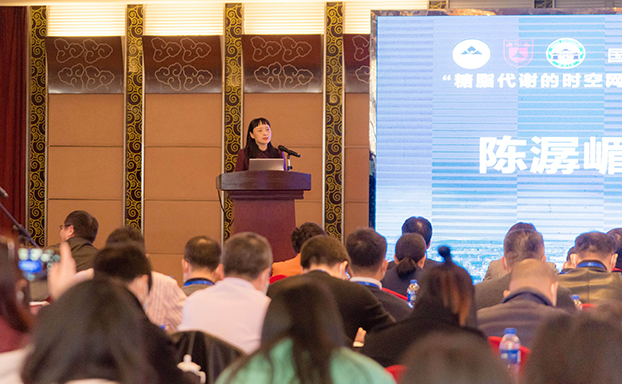
During the conference, the experts and scholars attending the conference reported and discussed their latest research achievements.Professor He Fuchun, academician of the Chinese Academy of Sciences, made an academic report on "Cholesterol Metabolism Reprogramming in Hepatocellular Carcinoma and Its Significance in Diagnosis and Treatment", which made an in-depth analysis of the key research to improve the treatment level of liver cancer in China.Professor Gu Dongfeng, vice president of Southern University of Science and Technology and academician of the Chinese Academy of Sciences, made an academic report on "Research on the Relationship between Dyslipidemia and Cardiovascular Diseases", which made an in-depth analysis of the causal relationship between dyslipidemia and the incidence and death of cardiovascular diseases.Academician Cheng Heping of Peking University made an academic report on "Progress and Prospects of the National Biomedical Imaging Facilities Construction", which introduced the development direction and potential applications of multimodal cross-scale fusion in the field of biomedical imaging technology.Professor Wang Yiguo, College of Life Sciences, Tsinghua University, made an academic report on "The Molecular Mechanism of PANDA Regulating Glycogenogenesis". From 29th to 30th, 35 leading scientists in the field of glycolipid metabolism will also be arranged to conduct academic reports and symposiums on their respective research topics.
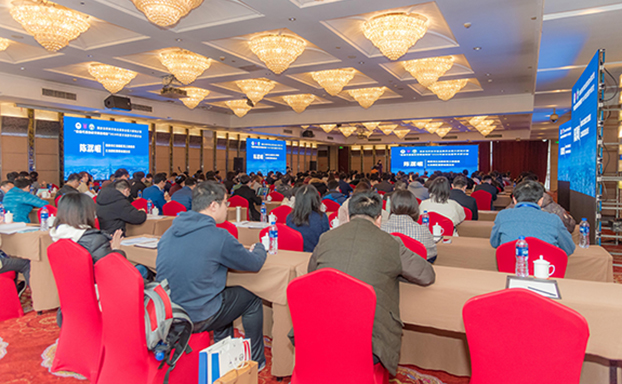
The major research projects discussed at this conference are all important topics that the National Natural Science Foundation of China has continuously invested billions of research funds and continued for decades. They mainly focus on the mechanism and solutions of diabetes, cardiovascular disease, obesity and many other important diseases that threaten national health due to glycolipid metabolism problems. These basic researches are expected to be rapidly transformed into innovative drugs and revolutionary treatments for such diseases.